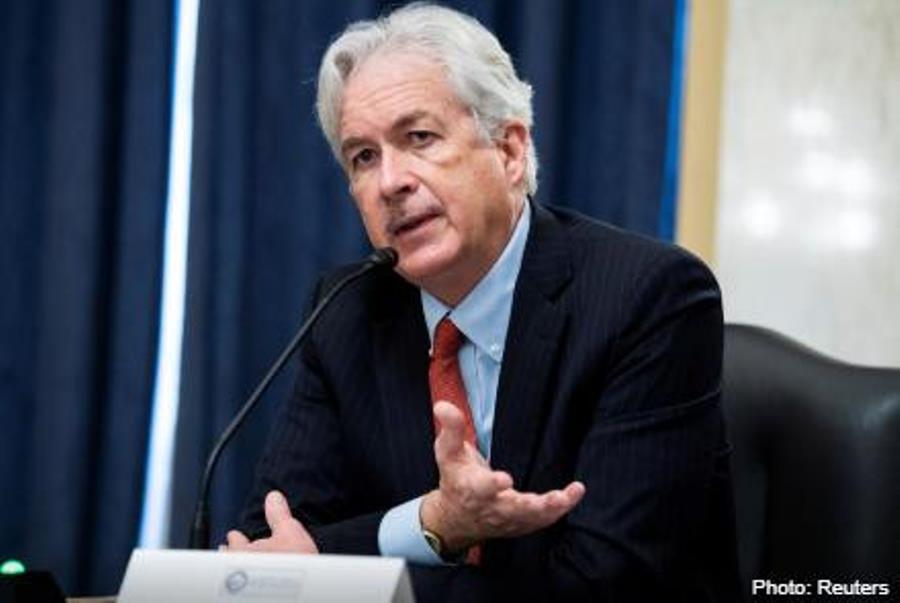Washington’s ability to collect intelligence and act on threats will diminish when US troops leave Afghanistan, CIA Director William Burns said on Wednesday ahead of an expected announcement of a pullout by President Joe Biden, Reuters reported.
Burns’ testimony to the Senate Intelligence Committee underscored a key risk inherent in Biden’s decision to pull remaining US forces out, given the enduring presence of al Qaeda and Islamic State militants in the country.
“When the time comes for the US military to withdraw, the US government’s ability to collect and act on threats will diminish. That’s simply a fact,” he told the committee, adding that the United States would however retain “a suite of capabilities”.
US President Joe Biden on Wednesday announced the full withdrawal of United States troops from Afghanistan, who have stayed in the country for nearly 20 years, an announcement that was accompanied by concerns of plunging the war-ravaged country into a new civil war.
Biden said that it has been 10 years since Osama Bin Laden’s death, and it is time to end America’s war in the country and to bring US troops home.
“We will begin our withdrawal on May 1,” Biden said, adding that it will not be a “hasty rush to the exit,” and if the Taliban attacks, the US will defend itself and partners with “all the tools at our disposal.”
Announcing a full withdrawal from the country, Biden said, “We went to Afghanistan because of a horrific attack that happened 20 years ago.”
“That cannot explain why we should remain there in 2021,” he added.
“Our diplomatic and humanitarian work will continue,” Biden said, adding that the US will continue to aid Afghan security forces, the peace process with Taliban, and to support the rights of women and girls.
Biden said that diplomacy will continue with regional nations, “especially Pakistan.”
“Our diplomacy does not depend on having boots in harm’s way, boots on the ground,” Biden said.
“We cannot continue the cycle of extending or expanding our military presence in Afghanistan, hoping to create ideal conditions for the withdrawal, and expecting a different result,” he stated.
“The Taliban should know that if they attack us as we draw down we’ll defend ourselves and our partners with all the tools at our disposal.”
On Wednesday, the NATO Secretary General Jens Stoltenberg said that the alliance has decided to start the withdrawal of troops from Afghanistan by May 1.
“Our drawdown will be orderly, coordinated, and deliberate”. Stoltenberg said at a joint press conference with the US Secretary of State Antony Blinken and US Secretary of Defense Lloyd J. Austin.
“We went into Afghanistan together, we have adjusted our posture together, and we are united in leaving together.”
He called the move “the start of a new chapter” in NATO’s relationship with Afghanistan, saying “Allies and partners will continue to stand with the Afghan people, but it is now for the Afghan people to build a sustainable peace.”
He said NATO forces have been in Afghanistan for almost 20 years.
According to him, currently there are around 10,000 troops in Afghanistan – the majority from non-US Allies and partner countries.













